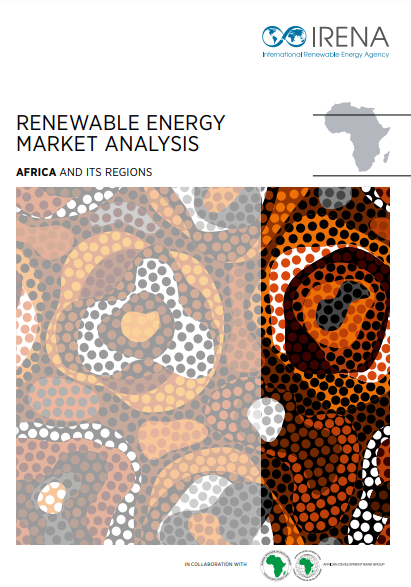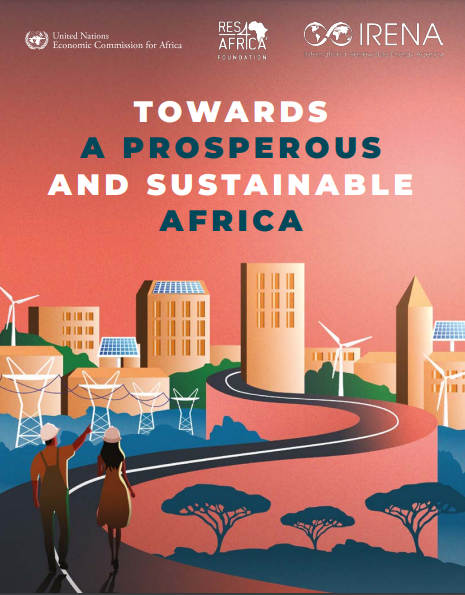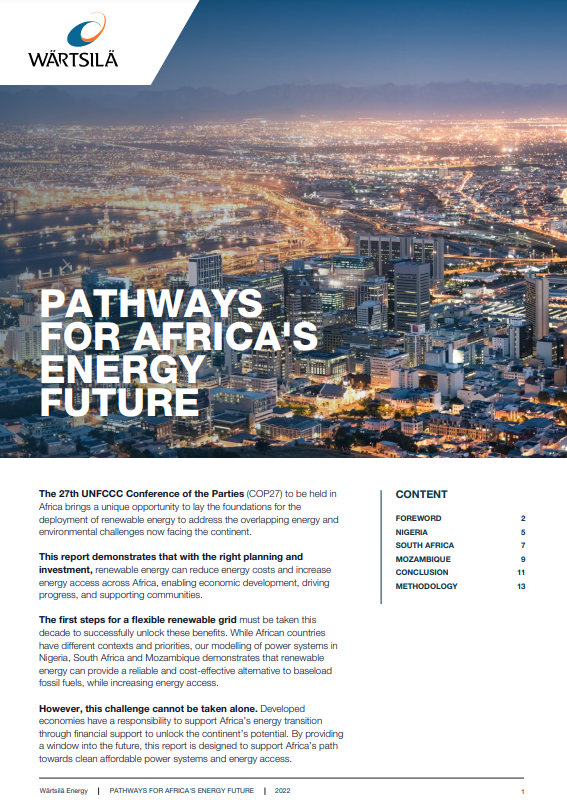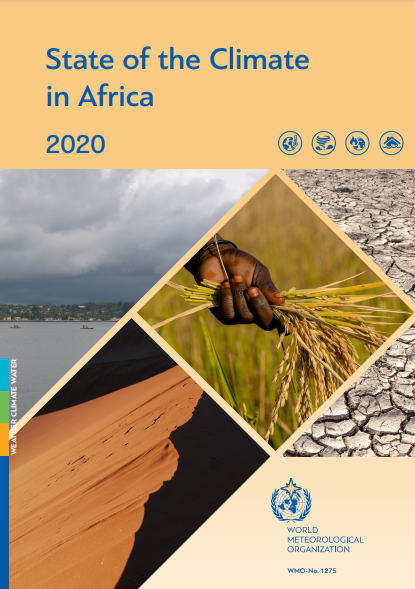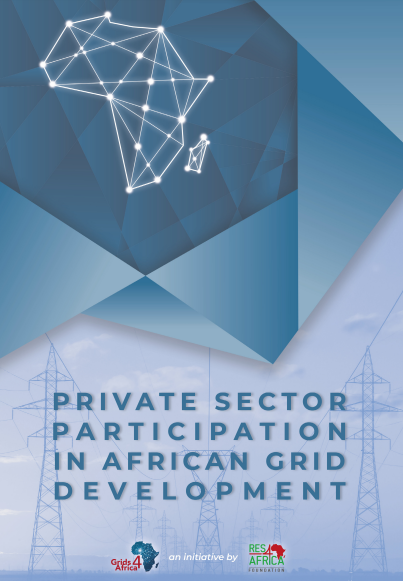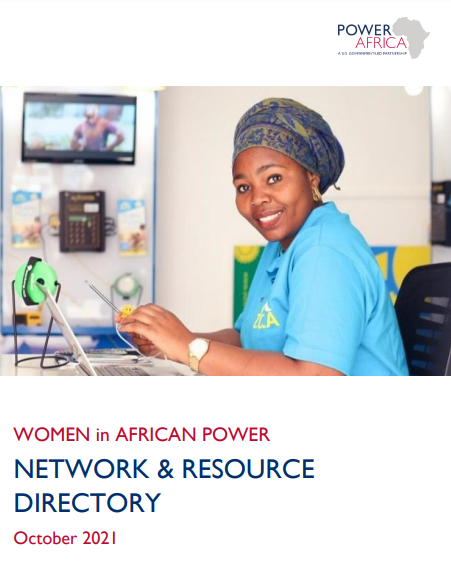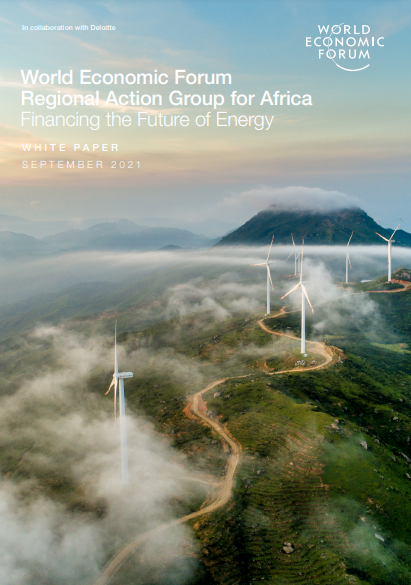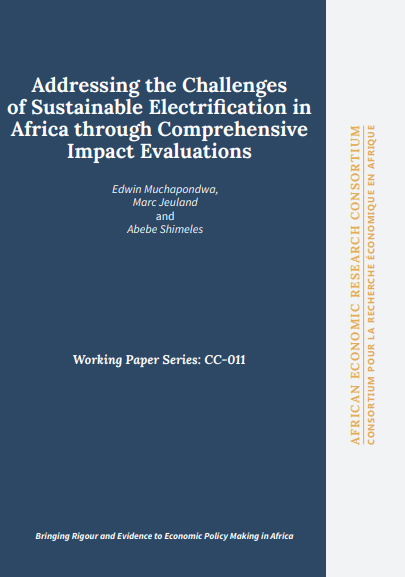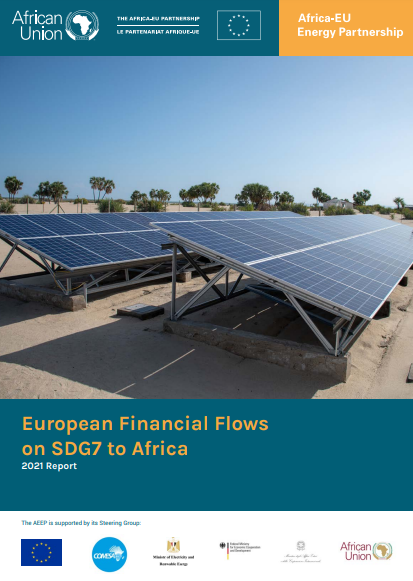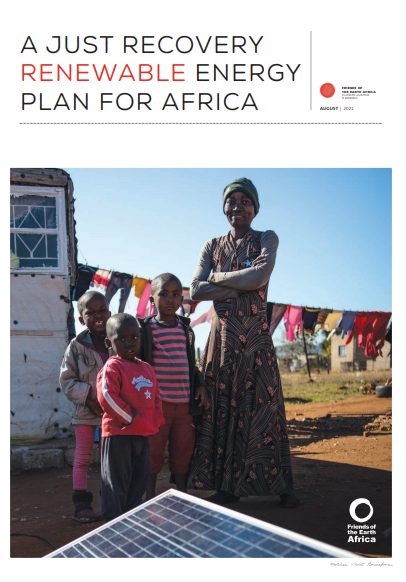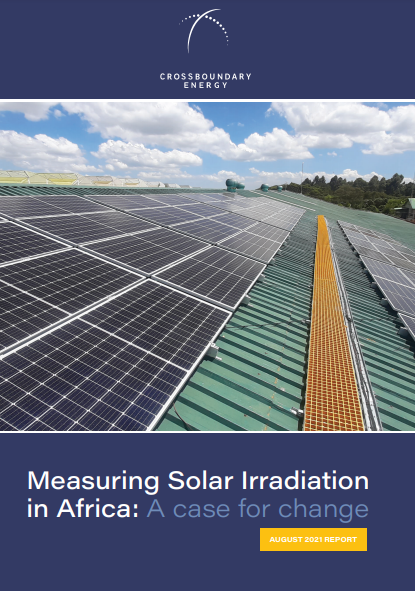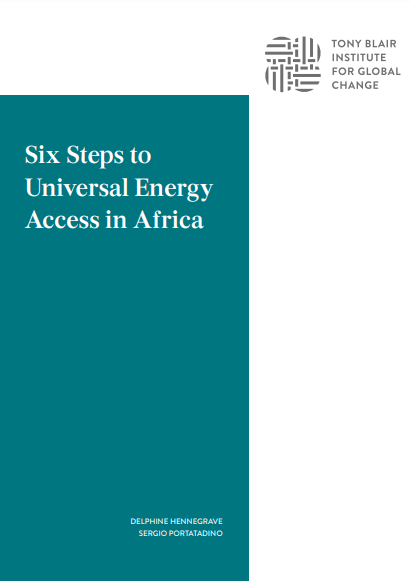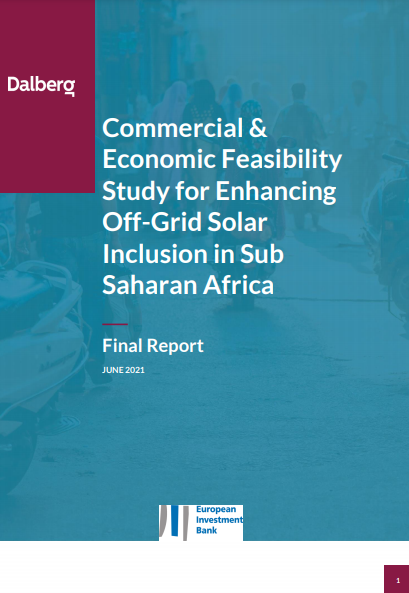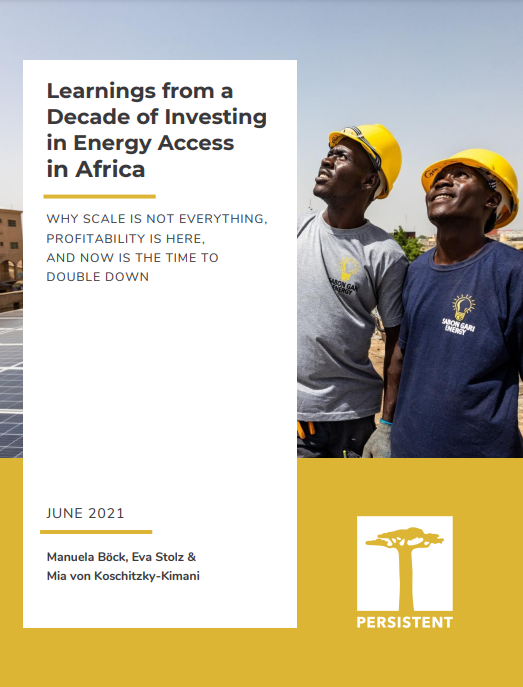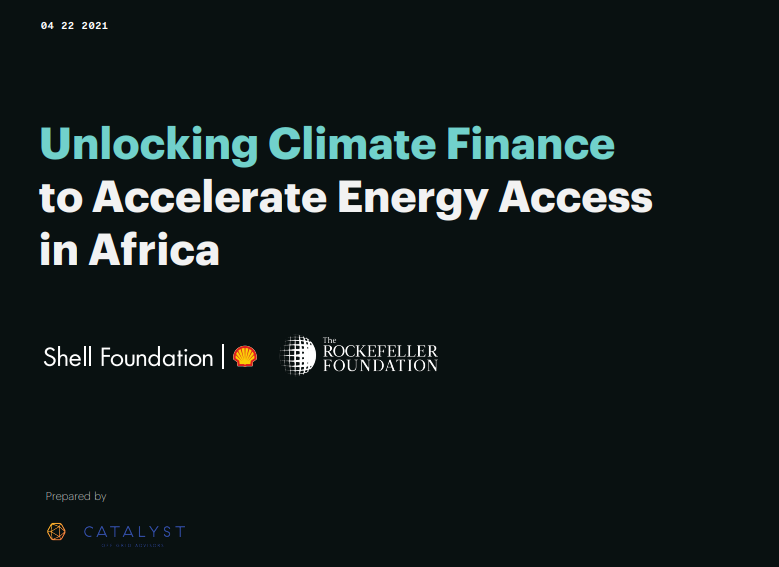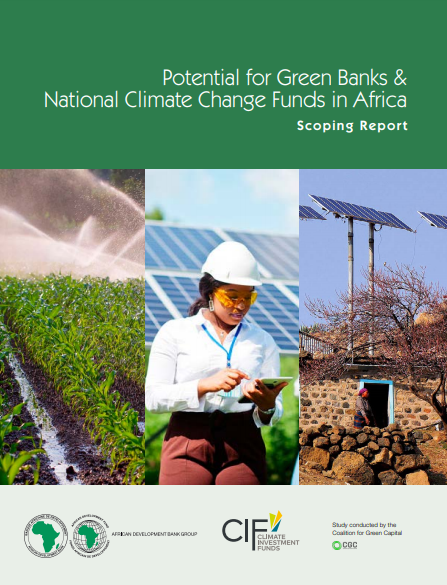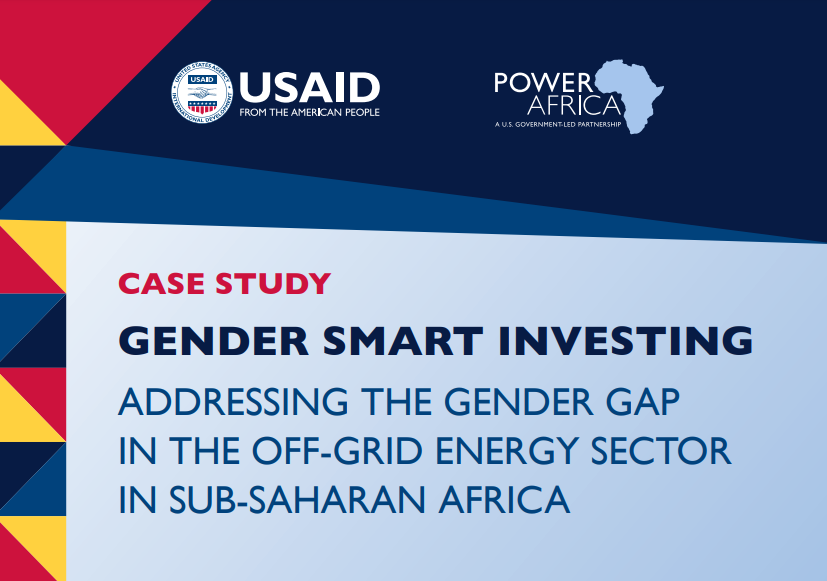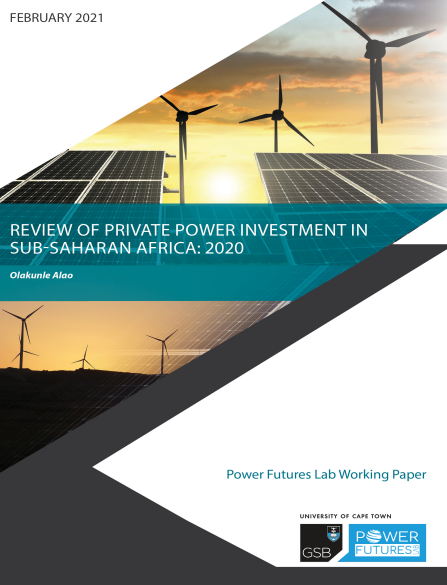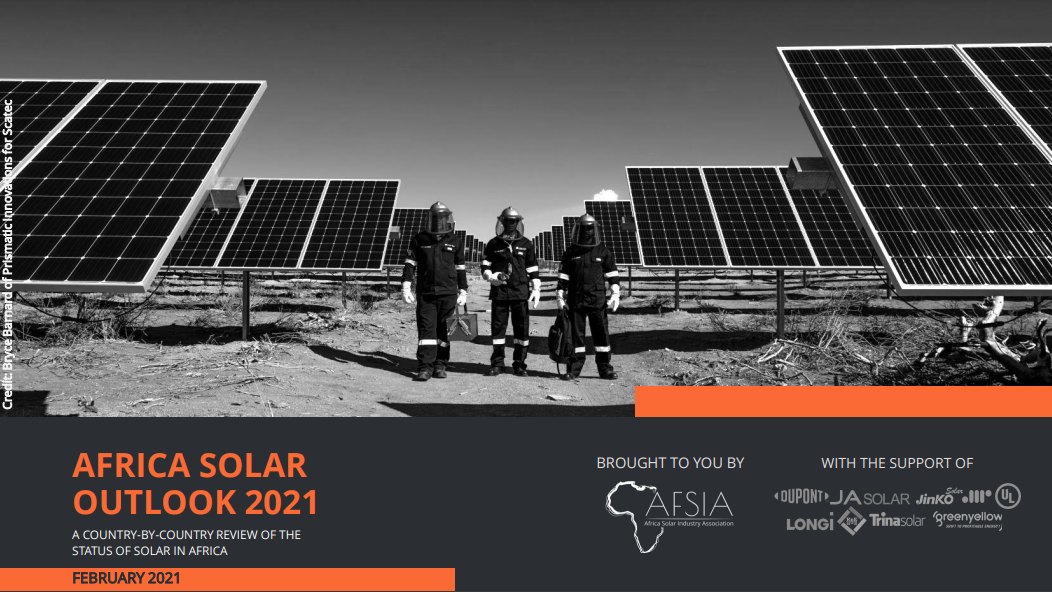Publication date: August 2021
Author: friends of the earth africa
Description: The recent Intergovernmental Panel on Climate Change (IPCC) report’s findings are both dire and clear: unless there are immediate, rapid and large-scale reductions in greenhouse gas emissions, limiting warming to close to 1.5°C or even 2°C will be beyond reach. Climate change is already devastating too many lives and livelihoods. We need a change, we need an energy transformation.
Yet there is hope. Friends of the Earth Africa’s ‘Just Recovery Renewable Energy Plan for Africa’ shows that it is not only urgent, but entirely possible, to reduce emissions, transform the energy system and support a just recovery on the continent.
Friends of the Earth Africa believes that the triple crises of climate change, energy poverty in Africa and COVID-19 recovery must be addressed together. This ‘Just Recovery Renewable Energy Plan’ outlines how the continent can dismantle existing dirty energy systems to leapfrog Africa to 100% renewable energy for all by 2050. Such a plan would require over 300 gigawatts (GW) of new renewable energy by 2030, as agreed by the African Union, and over 2000 GW by 2050.
The report, based on the work of renowned academic Dr Sven Teske from Sydney University, demonstrates how a Just Recovery plan could be achieved for US$130 billion per year and funded through public finance from the global North, putting an end to tax dodging and dropping the debt. It also highlights the potential to create 7 million new jobs in renewable energy.
Download Report >>
Visit Website >>





